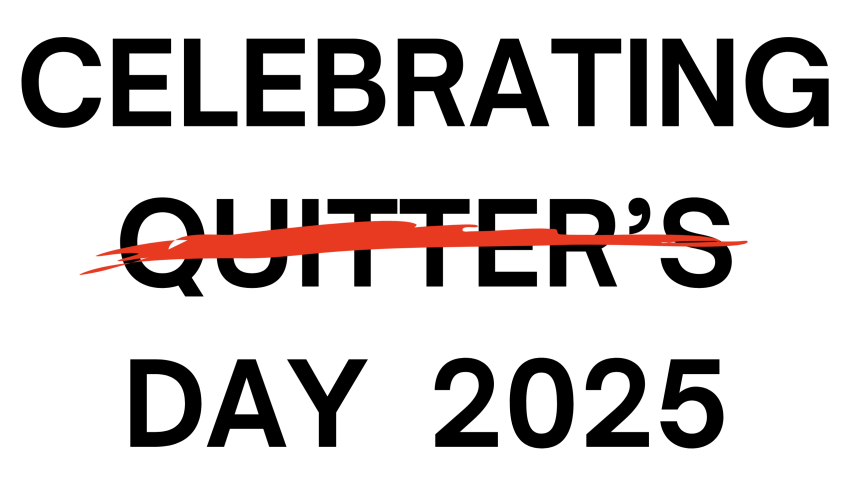Finding Hope in Trials: Wildfires, Floods, and the Gospel Story

The wildfires in Los Angeles and the flood damage in Western North Carolina have left countless lives shattered. For those directly impacted, it can feel impossible to make sense of the loss. James offers a striking perspective: “Consider it pure joy, my brothers and sisters, whenever you face trials of many kinds” (James 1:2). At first glance, this seems absurd. How could anyone find joy amid devastation? Yet James isn’t asking us to celebrate the trials themselves; he invites us to see them through the grand story of the gospel—a story that gives context, hope, and redemption to even the deepest suffering.
The Gospel: A Framework for Trials
Without the gospel, trials can feel random and meaningless. A fire that consumes a home or a flood that destroys a livelihood might seem like cruel, purposeless events. But the gospel provides a different narrative. It begins with creation—when the world was good, whole, and free of suffering. Then came the fall: humanity’s rebellion against God fractured creation, introducing sin, brokenness, and all the pain we now endure.
But the story doesn’t end in brokenness. Through Jesus, God stepped into our suffering, bearing the ultimate trial on the cross. His death and resurrection redeemed creation and set into motion the restoration of all things. This gospel framework places our trials into a larger context: though we live in a broken world, God is actively at work, redeeming what is broken and restoring it to wholeness.
This perspective changes how we view events like wildfires and floods. Instead of seeing them as irredeemable, we can trust that God is using even these tragedies to shape us, refine us, and point us to the hope of ultimate restoration.
Trials That Transform
James teaches that trials test our faith, producing endurance, character, and hope. He’s not saying that losing a home to fire or flood is inherently joyful, but that trials can lead to joy when viewed through the lens of God’s redemptive work.
Without Jesus, trials can disfigure us. They leave us bitter, hardened, or hopeless. But with the gospel, trials reconfigure us, shaping us into people who trust in God’s unchanging goodness. As James reminds us: “Every good and perfect gift is from above, coming down from the Father of lights, who does not change like shifting shadows” (James 1:17).
This doesn’t mean the pain isn’t real or the loss insignificant. Wildfires and floods are devastating. They expose the fragility of life and remind us of our deep dependence on God. But through Jesus, even the worst trials are not wasted. They are part of a larger story in which God is making all things new.
Living in Light of the Gospel
The gospel not only redeems our individual trials but also reshapes how we endure them. Jesus’ death on the cross—the ultimate trial—brought the ultimate redemption. Through His suffering, He gave us hope, not just for eternity, but for the here and now.
This hope doesn’t erase the pain of wildfires or floods, but it anchors us in the truth that God’s plans are still good. It reminds us that the same God who turned the cross—a symbol of defeat—into a symbol of victory is still working in our lives.
Finding Joy in the Grand Story
When James calls us to consider trials “pure joy,” he’s not asking us to ignore reality. Instead, he’s urging us to trust that God is using these trials to bring about something greater. Just as creation was broken but redeemed by Jesus, so too can our lives—scarred by fire, water, or pain—be transformed and reconfigured by God’s grace.
For those affected by the wildfires in Los Angeles or the floods in North Carolina, know this: your pain is real, but it is not purposeless. Through the lens of the gospel, trials are not the end of the story. They are part of a larger narrative in which God is redeeming, restoring, and making all things new.
Let us lean into this truth and trust that God is present, even in the ashes and the floodwaters. In Him, our trials can produce a hope and joy that transcend our circumstances.

